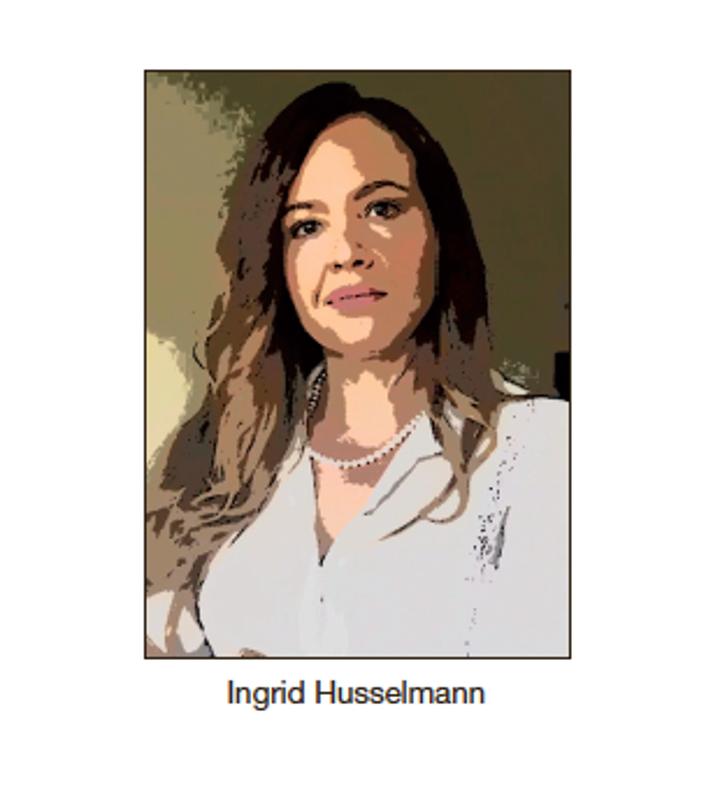Africa-Press – Namibia. EACH YEAR, we commemorate Human Rights Day on 10 December, the day on which the United Nations General Assembly adopted the ‘Universal Declaration of Human Rights (UDHR) in 1948.
It sets out the inalienable rights that every member of the human family is entitled to just because they are human beings regardless of their race, colour, religion, sex, language, political or other opinions, national or social origin, property, birth or other status. This year’s theme addresses ‘Equality’ – in terms of Article 1 of the UDHR, “All human beings are born free and equal in dignity and rights.”
Article 10 of the Namibian Constitution provides for equality and freedom from discrimination. It provides that all people (not only citizens) are equal before the law. It also proclaims that no one must be discriminated against on certain listed grounds. Even though grounds such as age and disability are not listed, it does not mean that discrimination on those grounds is permitted. The Constitution prohibits all forms of discrimination.
Speaking about human rights without mentioning the principles of equality and non-discrimination is unthinkable. Equality is aligned with Namibia’s Vision 2030 and with the UN approach of leaving no one behind, equality and non-discrimination being fundamental to sustainable development as part of its 2030 agenda. This means tackling and attempting to solve entrenched forms of discrimination that affect the most vulnerable people in societies, including women and girls, indigenous peoples, LGBTQI+ people, migrants and people with disabilities, among others.
SOCIAL EXCLUSION The UN proclaims that equality, inclusion and non-discrimination – in short, a human rights-based approach to development – is the best way to reduce inequalities on the path to realising the 2030 agenda for sustainable development.
Namibia’s extreme economic inequality causes grave injustice and does not get addressed often enough in a human rights context. Even though rated as a high, middle-income country, Namibia has one of the highest levels of income inequality globally. The National Planning Commission reports that about 28,7% of the population is poor, while 15% are extremely poor. Poverty is reportedly higher in rural (37%) than urban (15%) areas and is higher among women (32%) than men (26%).
Economic inequality has certainly surged to the forefront of political debate in many countries in recent history. However, while inequality on grounds such as gender, race and disability have historically been core human rights concerns, gross inequalities in economic status remain largely unchallenged by Namibians in general, but perhaps more disturbingly by human rights advocates and our legal framework.
Severe inequality undeniably has profound human rights implications. It results in harsh disparities in access to services in health, education, housing and other services necessary to enjoy socioeconomic rights. There can be no mention of equal access to justice and to political participation in Namibia. It perpetuates poverty and social exclusion, which in turn are major drivers of conflict and insecurity.
The bottom line is that the common thread between poverty and human rights is the inherent dignity of humankind, which the state has a duty to protect. No right is more basic, fundamental and natural than the right to basic human dignity, which can be interpreted as the right to be free from poverty and hunger. After all, poverty deprives a person from living within the minimum acceptable standards of human dignity.
‘WE MUST DO MORE’
Namibia is a diverse society, but remains a single human family with universal rights and human dignity. Despite being multicultural, pluralistic and secular, we are all brothers and sisters in humanity no matter our colour, religion or origin. There is an assumption that because we respect the rule of law that the vulnerable are protected and the necessary limits are placed on the powerful. This is not enough, we should not expect the legal framework to protect us, we must work together to achieve a society that is truly equal where everyone can live with human dignity.
Extreme inequality is both a result as well as a cause of the deprivation of human rights. Many of its key determinants – from the corrosion of labour rights and the eroding of public services, to systemic discrimination and state capture by self-serving elites – can be framed as marked violations of internationally guaranteed human rights.
For More News And Analysis About Namibia Follow Africa-Press






